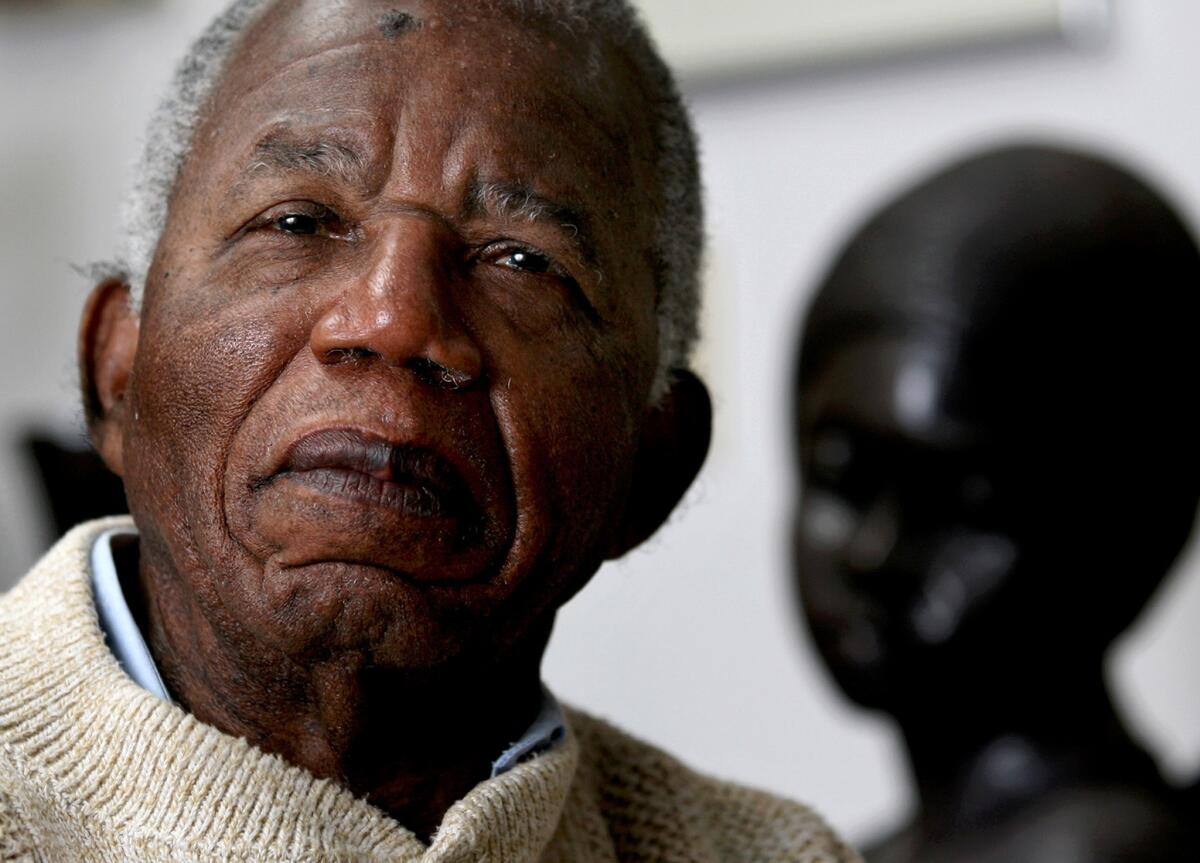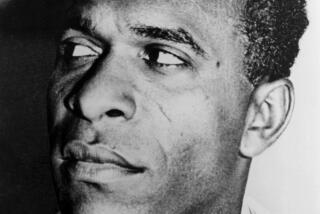Chinua Achebe dies a second time, thanks to social media

It was sad when Nigerian-born author Chinua Achebe died March 21 at age 82. The fact that he died in 2013 was missed by those who began circulating the death on social media Monday morning. RIPs to Achebe have been making the rounds on Facebook and Twitter.
That’s where current national security advisor and former Assistant Secretary of State for African Affairs Susan Rice picked up the thread. “Today is a somber day in Nigeria, as Chinua Achebe was laid to rest in his native village,” Rice tweeted, according to Politico. “A giant of African lit., he brought the Continent-and Nigeria, in particular-2 the world. His works left lasting impression on me & my gen.”
Indeed, Achebe was a writer of unparalleled importance. His 1958 novel “Things Fall Apart,” about a young man growing up in colonial Nigeria, was one of the most widely-read books by an African novelist in the 20th century. Its critique of colonialism helped give literature a place in liberation movements around the world.
It’s embarrassing for Rice that she tweeted so belatedly about Achebe’s death. Her errant tweets have been deleted, and she has tried to make up for the mistake by tweeting: “Any occasion to remember the life & legacy of one of Africa’s greats, Chinua Achebe, is worth noting (+ a good reminder to read fine print!)”
But it’s actually sad that a member of the Cabinet -- one who has historically been interested in Africa -- didn’t even notice that Achebe died in 2013. How is it that culture and politics have become so separate? How could not one person in Ambassador Rice’s circle have mentioned the death of Achebe two years ago?
Well, one couple knew. President Obama and his wife, Michelle, sent a letter to the Achebe family that was read in a public tribute in Washington, D.C., in 2013. “Achebe shattered the conventions of literature and shaped the collective identity of Nigerians throughout the world. With a dream of taking on misperceptions of his homeland, he gave voice to perspectives that cultivated understanding and drew our world closer together. His legacy will endure in the hearts of all whose lives he touched with the everlasting power of his art.”
Twitter: @paperhaus
More to Read
Sign up for our Book Club newsletter
Get the latest news, events and more from the Los Angeles Times Book Club, and help us get L.A. reading and talking.
You may occasionally receive promotional content from the Los Angeles Times.







